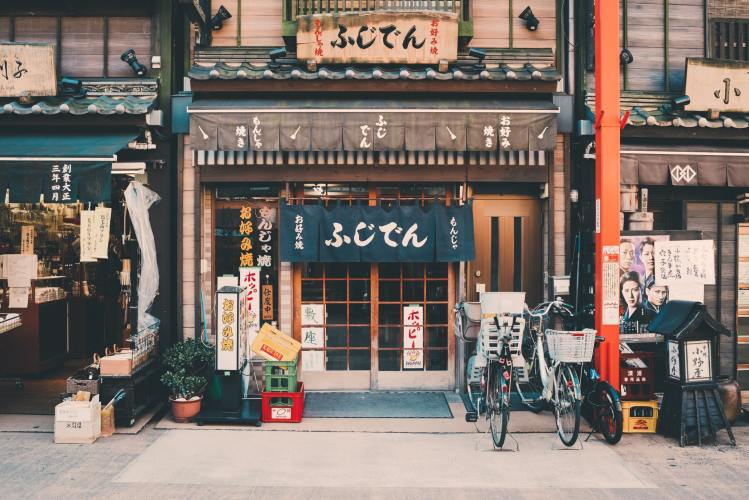Recently, the desire to enter the local market was announced by the company Caesars Entertainment. The company’s management has formed a Strategic Advisory Committee to accelerate the right to operate in the country.
A well-known gambling company plans to enter the Japanese market

A well-known gambling company plans to enter the Japanese market
As you know, gambling and gambling business in Japan only develop. Many Japanese people choose online casinos, with a list of the best of them you can find on the website https://onlinecasinowiki.com/
Recently, the desire to enter the local market was announced by the company Caesars Entertainment. The company’s management has formed a Strategic Advisory Committee to accelerate the right to operate in the country.
The race will likely begin in 2019 for one of these much-coveted licenses to open Japan’s first casino resort in late 2024, according to Brendan Bassman, vice president of government consulting at OOO Global Market Advisors.
International gaming companies that are making plans to invest in integrated resort areas in Japan are also trying to get involved in creating regulations. They are pushing to draw on global experience in restricting access to gaming to underage and problem gamblers, supporting international responsible gaming practices.
In early 2017, Japan suffered a minor setback in passing a casino gambling bill. At the time, Gaming Capital Management chairman Mikio Tanji explained that discussions regarding the passage of the document would likely not take place until September-December 2017, pushing the date for choosing a site for the country’s first casino resort to 2019 at best. And so a lull occurred. In the second half of 2017, however, a dynamic and hopeful phase began in the history of the legalization of Japanese casino resorts.
Today, four locations are contenders to host integrated resorts: Yokohama, Osaka, Hokkaido, and Nagasaki. Recently, the governor of Wakayama prefecture said that he plans to discuss the topic with the public, this indicates that the prefecture is another contender to host a gambling facility. Several years ago there was a proposal to build a gambling complex in Nagasaki as part of the Huis Ten Bosch entertainment resort, but it is still unknown whether the city will be able to get permission to do so. Rural areas of the country have been pushing for gambling establishments to be located on their land in order to support them through tourism development. But MGM company said that the project of the large-scale entertainment complex, which the company would like to implement in Japan, is designed for a large number of visitors it can provide only large cities such as Tokyo, Osaka, and Yokohama. Therefore, the likelihood of casinos in Japan will be placed in popular tourist destinations remains high.
According to the study, the launch of an integrated casino resort in Yokohama alone will provide the local economy with $4 million in revenue. According to the analytical center Fitch Ratings, only two similar resorts in Tokyo and Osaka could have about $7 billion in gross revenue. These figures are clear indicators of the success of the project, the start of which the Japanese economy will get a second wind and could become one of the most profitable Asian gambling markets. Moreover, experts agree that after the Japanese authorities will decide on the cities where integrated resorts will be located and relevant laws will be successfully adopted, Japan could become the world’s third largest and most popular gambling center after Macau and the U.S. If the public supports the enthusiasm of local authorities, global businesses, and experts, Japanese casinos will surely open their doors to visitors, if not for the Olympics, then in the next few years.
A study released by Japan’s Ministry of Health, Labor and Welfare in September 2017 found that the percentage of adults ever suspected of having a gambling addiction was 3.6 percent of the total population or 3.2 million people. Compared to countries such as Holland (1.9%) and France (1.2%), this is quite a high figure. In the last year, the number of new potential players was about 700 thousand people (0.8% of the population). It turned out that the main item of expenditure among gamblers is exactly patinko machines and slots, and the average figure of spending on games is about 58,000 yen per month.
The problem of gambling addiction suddenly came into the public spotlight after the passage of the Integrated Resort Development Act (“Casino Act”) in December 2016. In developed countries, the growth of the gambling industry is inevitably accompanied by measures to combat gambling addiction, and in this sense, Japan with its developed gambling industry in the complete absence of measures to combat addiction is an exception to the rule. It can be said that this situation is the source of the modern epidemic of gambling addiction.
Photo by Clay Banks on Unsplash








